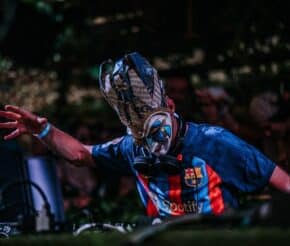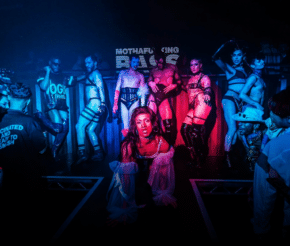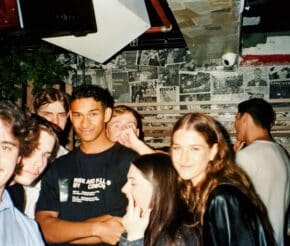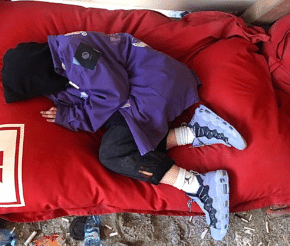- Advertise
-
Subscribe
The Nostalgia of Throwback Parties
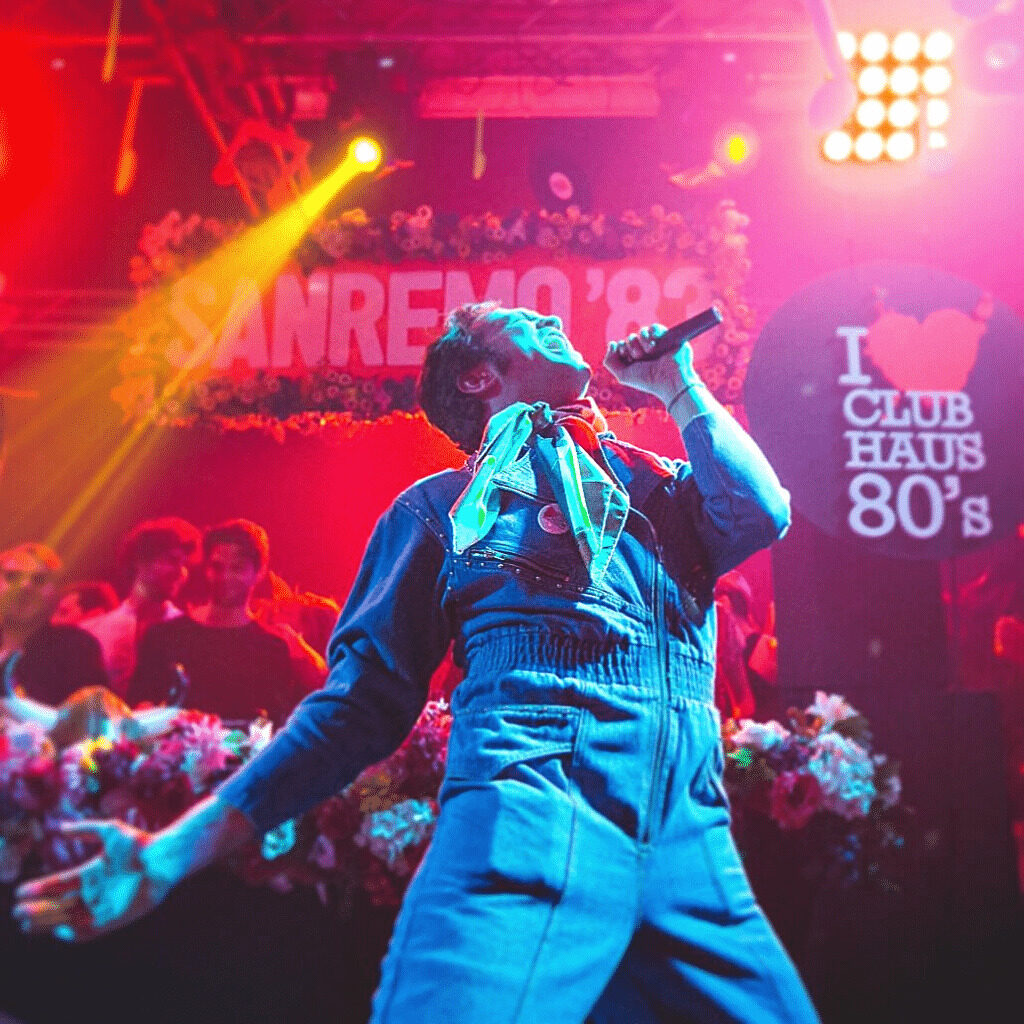
It doesn’t matter what type of music you’re into, you can’t deny the rush of excitement when your favourite throwback song comes on at the club.
Be it a disco classic by the Bee Gees, a 90s Britpop jam by Pulp , or a universally-adored rock anthem by the Killers, some part of you will revel in the nostalgia.
Throwback music events are everywhere, catering to all things disco, pop, hip hop, rock, noughties, indies and tons of endless genres and subgenres.
Lovers of the good old days (which don’t even have to be that far back) can go into the city and find an event for any of their favourite oldies.
But why do many of us have this inclination towards the past, and why do nostalgic songs make us feel so happy?
Clubbing is a form of emotional expression
Clubbing in itself is an emotional activity. As much as it’s about dancing and having fun, it’s also essentially one of the rawest forms of emotional expression.
Our taste in music is part of who we are. The music we grew up loving and which has become embedded into our memories can’t be separated from what makes us who we are.
When we get the chance to dance out our love for disco or sing along to some cheesy 90’s hits, we feel like we’re recognizing these parts of ourselves in public.
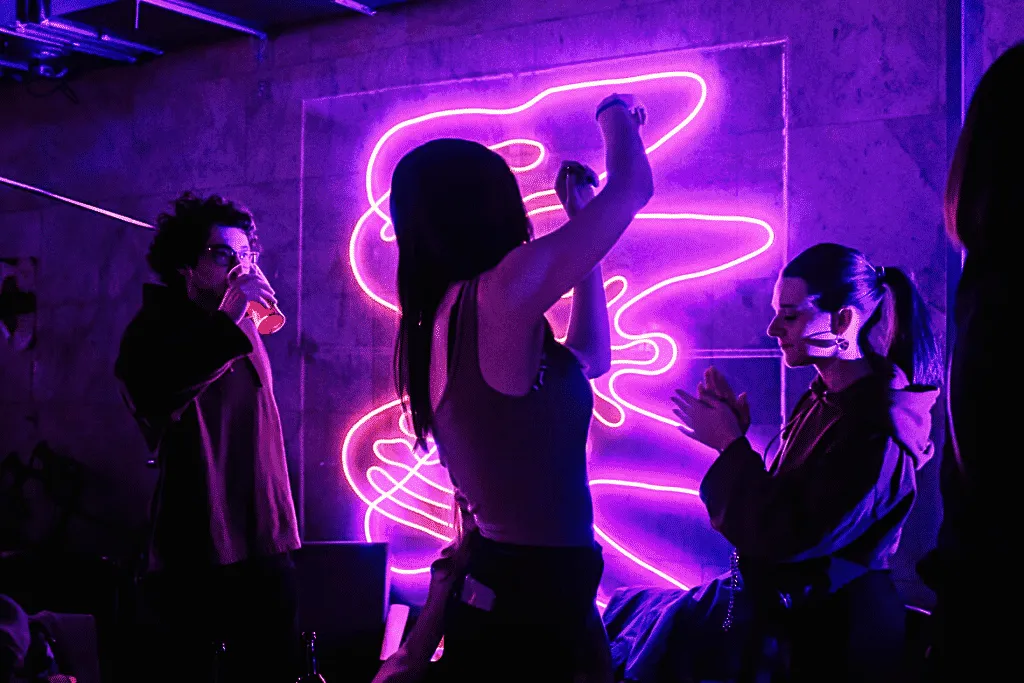
On top of that, Millennials have been dubbed ‘the most nostalgic generation, ever.’ So it’s no surprise that we want to delve deeper into our emotions of longing and reminiscing through one of the things we love doing most: partying.
Nostalgia and the brain
Nostalgia goes deeper than just longing for the old days or wishing you could relive your memories again. In fact, nostalgia actually binds your memories to your sense of who you are.
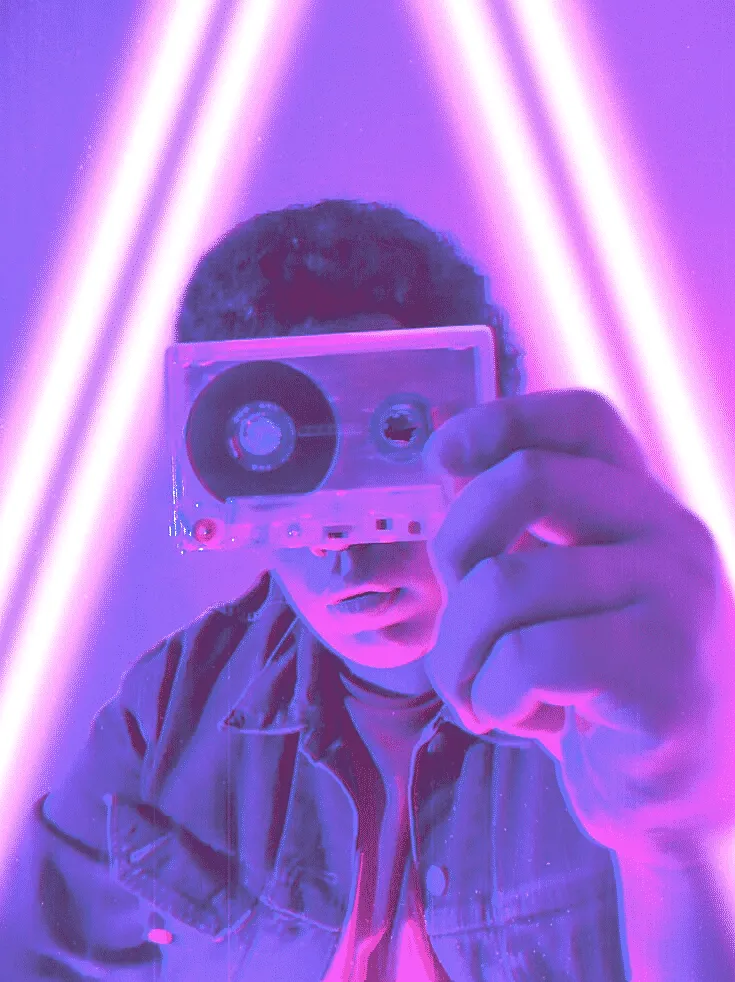
The only constant thing in our lives are our memories.
Everything else is always changing and we’re going through transitions. But when it comes to the past, it’s unchangeable.
The things you’ve experienced, the music you jammed out to in your room or danced to at a party with friends and family are all parts of what makes you who you are.
According to studies, music makes different parts of your brain light up when you’re listening to it.
For example, your brain can experience certain stimulation to the motor cortex. This urges certain involuntary reactions to the rhythm, such as tapping your foot or nodding your head.
What’s particularly interesting is that music activates your brain’s visual cortex.
‘When you hear a song, you’ll start associating it with memories or other images almost immediately.’
Katherine Gillespie
When you listen to songs from the past, you’re actually in the subconscious act of recounting where you were, who you were with, and what you felt when you used to listen to it before.
Even if you can’t put your finger on it, there’s a feeling that transcends time and finds you decades later as you sing along to ‘Ice Ice Baby’.
Another study found that our formative years, which include teenage years and young adulthood, give us the memories we cherish the most.
It’s no surprise that these are the songs we find ourselves longing for as we get older.
One for the ages
The shared collective energy that runs through the crowd as you all sing your heart out to ‘Dancing Queen’ is unmatched. This is because your nostalgia isn’t yours alone – it’s everyone’s.
It’s nice to feel like you belong, and what better way than for you and a room full of strangers to sing your childhood memories out loud.
Venus and events like ‘ClubHaus80’s‘ and ‘Bring Back the Disco: 70s & 80s Disco Party’ provide lovers of the genre with a portal back in time, and prove that this collective nostalgia isn’t only limited to the people who experienced a musical decade as it was coming out.
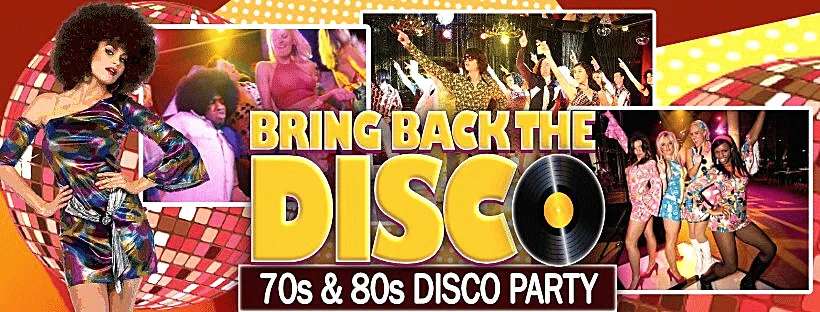
You could be in your 20s and feel connected to a song from the 70s. It all depends on the music you found yourself connecting to most as you grew up.
We’re also witnessing a vast range of generations taking up throwback parties.
It’s not just the people who were around when the music came out who are rushing to relive their memories. Newer generations are among the takers – and they make up a big audience.
At the end of the day, throwbacks just make us feel good.
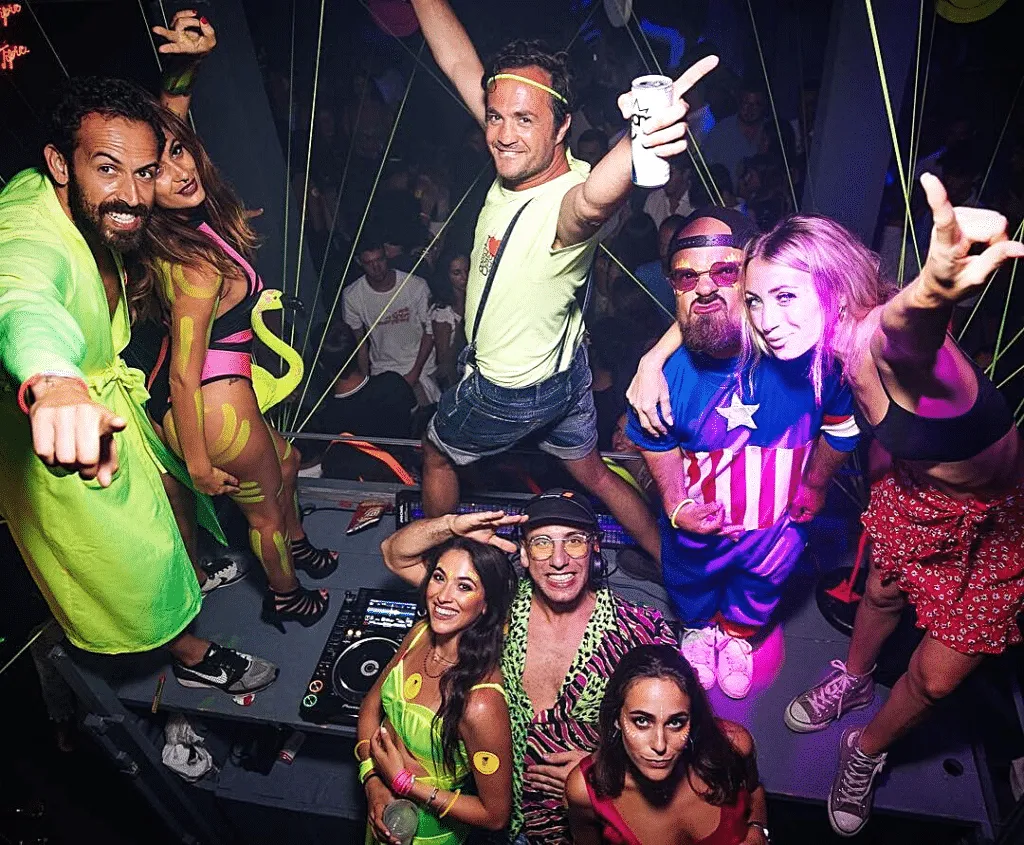
The love of certain periods and genres of music transcends the personal individual, and instead offers comfort in a community of people who all love busting moves to funk or head-bopping to alternative rock.
You feel like you can escape into the past, and find comfort in memories you made without even realizing you were making them.
